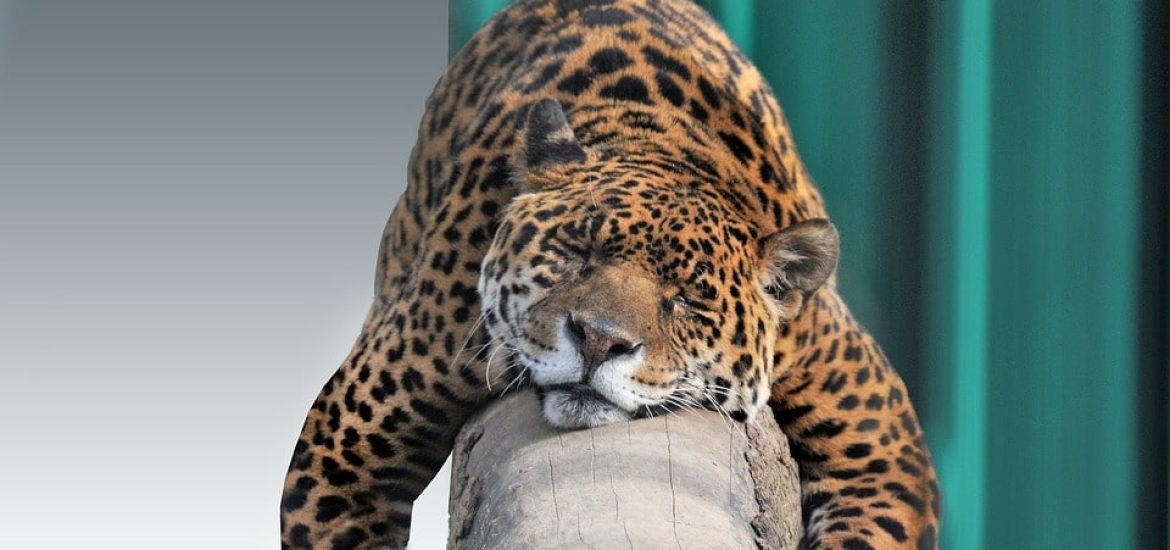
Sequencing the genomes of all animals, plants, fungi, and microbes on Earth is a massive undertaking. Still, researchers believe it will help us understand and manage better biodiversity on our planet. This seemingly impossible task started in 2018 with small pilot studies, and now the project is finally ready to go into full-scale production. A team of scientists from the Leibniz Institute for Zoo and Wildlife Research (Leibniz-IZW) and the European Reference Genome Atlas (ERGA) are currently working together on this project, gathering a global network of scientists with different expertise. This is known as the Earth BioGenome Project (EBP).
As part of the project, scientists worldwide are setting up consortia to produce genome sequences of all species. It’s hoped this can address some fundamental questions in biology, as well as provide advancements in disease research and conservation.
“Genomics is a fast-evolving discipline that aims to study the entire genetic repertoire of species as well as differences and interactions among individuals, populations, and communities. Genomic-associated technology has the capacity to generate large amounts of data in a short time for any given specimen and therefore can be used as a dynamic and multi-purpose tool to support actions against the ongoing mass extinction crisis,” says Leibniz-IZW scientist Dr. Camila Mazzoni, the chairperson of ERGA.
“Generating reference genomes of the entire eukaryotic biodiversity is a moonshot endeavour that can only be approached via a large collaborative and well-coordinated worldwide effort. Major and minor projects – under the umbrella of EBP – such as the Vertebrate Genomes Project (VGP), Darwin Tree of Life (DToL), European Reference Genome Atlas (ERGA), and Africa BioGenome Project (AfricaBP) will together change the tools. currently existing for analysing biodiversity and hence provide the way for a deeper understanding.”
Managed by Leibniz-IZW and ERGA, the EBP project relies on an international network of researchers working on multiple projects, including the California Conservation Genome Project in the US and the Darwin Tree of Life in the UK and Ireland.
“The special feature of the EBP captures the essence and excitement of the largest-scale coordinated effort in the history of biology,” said Harris Lewin, chair of the EBP project and Professor of Evolution and Ecology at the University of California.
“Earth is forecast to lose 50% of its biodiversity by the end of this century without action to curb climate change and protect the health of global ecosystems. Creating a digital library of DNA sequences for all known eukaryotic life can help generate effective tools for preventing biodiversity loss and pathogen spread, monitoring and protecting ecosystems, and enhancing ecosystem services. Achieving the ultimate goal of sequencing all eukaryotic life now seems within our reach.”
The project was launched in 2018 to provide a complete DNA sequence of all 1.8 million species of plants, animals, fungi, and microbial eukaryotes. The project is moving from its start-up phase and entering phase 1 to sequence genomes from 9,400 families. So far, the project has 200 genomes completed and another 3000 expected to be completed by the end of 2022, which already represent 34% of phase 1.
At the moment, the project involves over 5,000 researchers from 44 institutions in 22 countries on every continent, except Antarctica. These scientists are spread over 49 small projects covering major taxonomic groups of organisms, representing tens of thousands of samples from museum collections and field biologists.
In addition to the scientific approach to sequence genomes, the project also includes committees on Ethics, Legal and Social Issues (ELSI) and Justice, Equity, Diversity and Inclusion (JEDI). This proactive approach on ethical, legal, and social issues will be vital to advise how to share this information with the rest of the world.